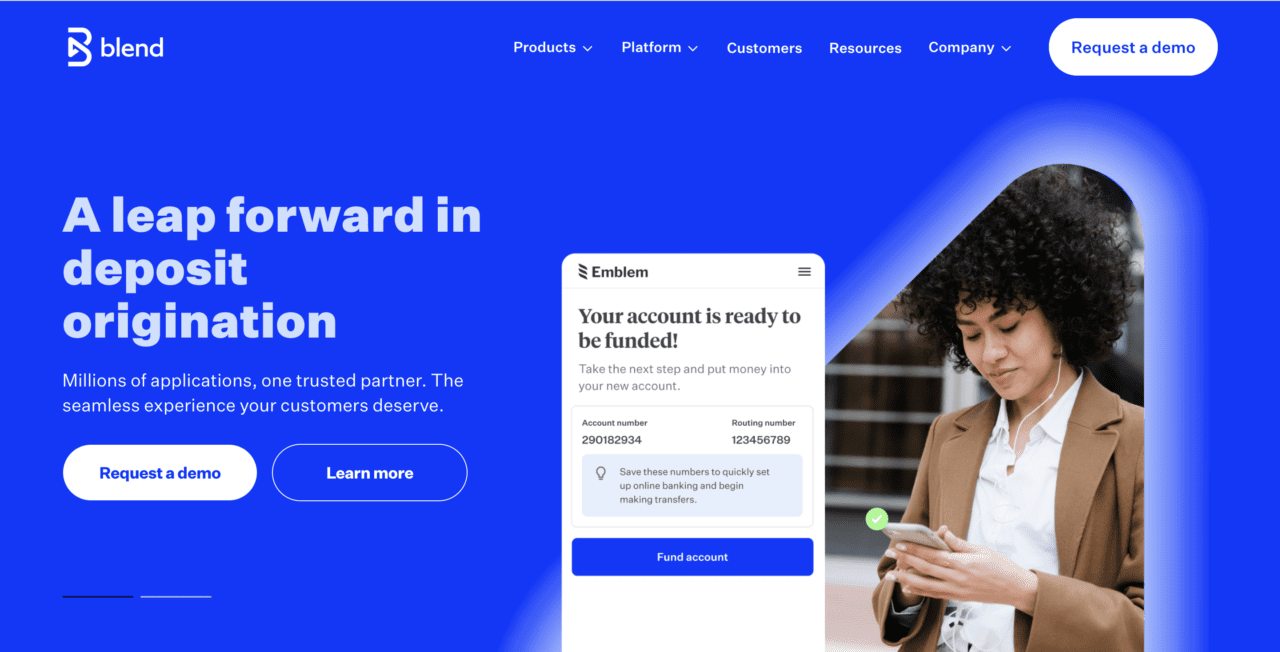
- LianLian Global has tapped Thredd to help it launch a virtual card program in the APAC market.
- Thredd will power LianLian’s Yueda virtual card product.
- The news comes weeks after Thredd initiated partnerships with TerraPay and Spendbase.
Digital payment solutions company Thredd announced a partnership with global payments company LianLian Global to help the Singapore-based company launch its virtual card program in the APAC market.
LianLian, which specializes in cross-border settlement services with instant payouts, selected Thredd to power its Yueda virtual card product. Designed to facilitate cross-border payments and financial management for businesses, Yueda provides comprehensive payment services, including multi-currency support, payment collection, and fund transfers, tailored specifically for the needs of businesses in a range of industries, including e-commerce, international B2B trade and travel, engage in international trade and commerce.
Founded in 2007 and headquartered in London, Thredd offers digital payment solutions to help businesses simplify financial transactions. In addition to the virtual card service that LianLian will use, Thredd also delivers card issuance, payments processing, card controls, risk and fraud, digital wallets, and cross-border payments solutions.
“Utilising Thredd’s virtual card issuing capabilities we will be able to deliver on our ambitious growth plans for 2024 and beyond,” said LianLian Global Co-CEO Tim Shen. “We have already secured payments licenses covering eight [regions], including mainland China, China, Singapore, the U.S., the U.K., Luxembourg, Thailand, and Indonesia. We are delighted to find a partner in Thredd who can support us with virtual cards that will ensure that no matter where a client needs to send a payment, it will be supported. Access to a local team of experts who speak our language has made the implementation and ongoing operations seamless.”
Today’s announcement comes after Thredd partnered with TerraPay in June to support virtual card payments for the travel industry. Thredd has also recently launched in the U.S., having secured its second U.S. client, Spendbase, in June.
Photo by Clay Banks on Unsplash











